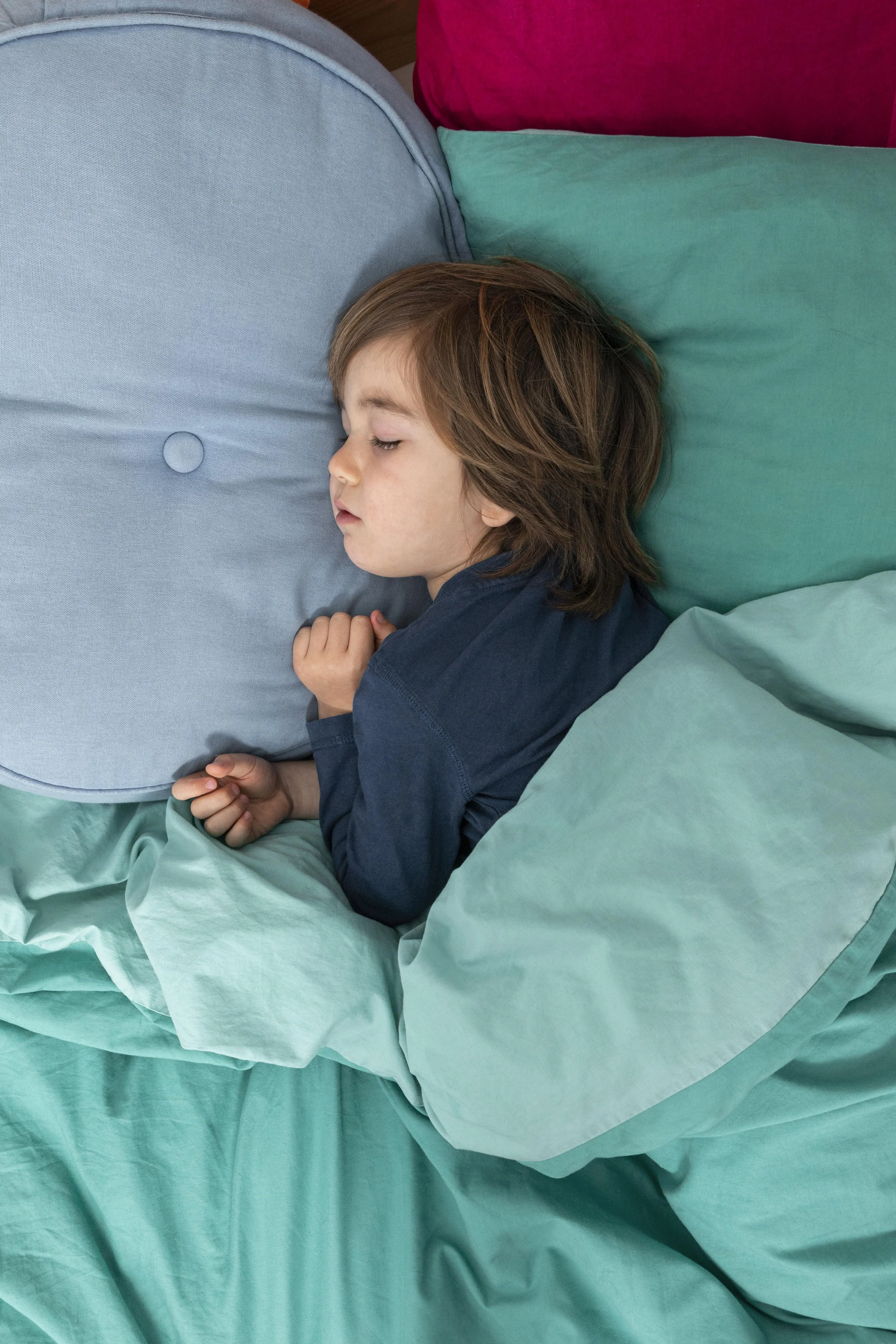Struggling with Sleep? You’re not alone!
For many families of children with autism, bedtime can feel like a nightly battle. Trouble falling asleep, frequent night waking, and early rising are all common challenges - but they don’t have to be permanent. We understand that sleep is foundational to a child’s learning, regulation, and well-being. That’s why we offer gentle, research-backed strategies to help your child (and your family) get the rest you need.
Sleep issues affect up to 80% of children with autism, often due to differences in melatonin production, sensory sensitivities, and difficulty with transitions or routines. Poor sleep doesn’t just impact the child - it affects the whole family’s health, mood, and daily functioning. Thankfully, research shows that behavioral sleep interventions can be both effective and family-friendly.
One of the most effective tools is the use of a consistent bedtime routine, reinforced with visual schedules, calming activities, and predictable cues. Studies have shown that structured sleep routines tailored to the child’s needs can significantly improve sleep onset and duration. Our team works with families to develop individualized routines that feel realistic and sustainable, often incorporating sensory-friendly practices like weighted blankets or white noise.
In addition to routines, we also use fading strategies to gradually reduce parent presence at bedtime and teach self-soothing skills. Reinforcement systems, such as sticker charts or morning rewards, can also be helpful in motivating bedtime cooperation. These strategies are most successful when paired with parent coaching and careful data collection - two pillars of our work at Adaptive Brain Academy.
Sleep is not a luxury, it’s a necessity. With the right support, your child can build healthy sleep habits that lead to brighter days, better behavior, and greater family harmony. If sleep has been a struggle in your home, we’re here to help guide the way.

